Keywords: Indigenous Voice
-
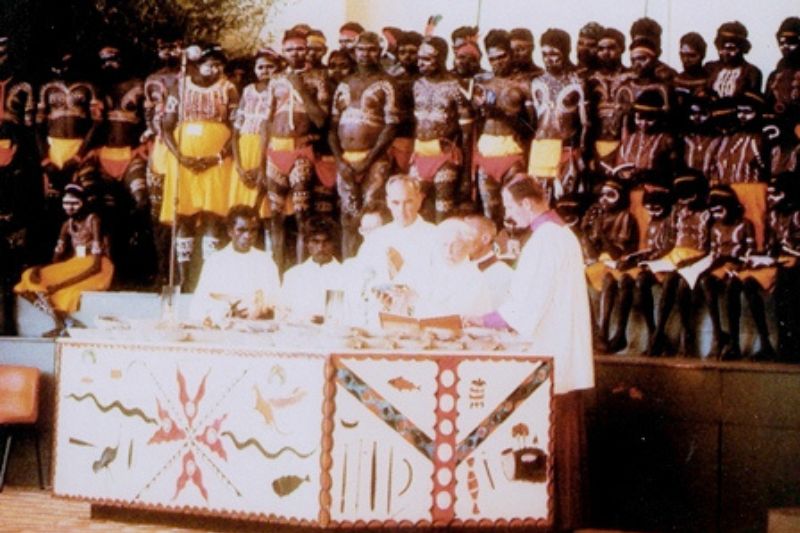
RELIGION
- Brian McCoy
- 20 February 2023
15 Comments
Fifty years ago, the Aboriginal Liturgy was the first attempt by the Catholic Church in Australia to re-shape the Mass, and was the first time we had witnessed and experienced Aboriginal people expressing their Catholic faith in ways that were culturally different from our own.
READ MORE
-

AUSTRALIA
- Andrew Hamilton
- 02 February 2023
6 Comments
Any discussion of the ethics of culture war should begin with the basic reality of human communication: to flourish, human beings rely on cooperation with other people. Speaking abusively about others weakens the necessary trust that lies at the foundation of a well-functioning society and inhibits the conversation about values necessary in a humane society.
READ MORE
-

AUSTRALIA
- Joe Zabar
- 31 January 2023
1 Comment
A welcome development in the Albanese government's reform agenda is the newly established Economic Inclusion Advisory Committee to examine the obligation placed upon governments to provide employment. While the principle of a job guarantee is essential to any social security reform, so too is the attitude we hold towards those who access welfare.
READ MORE
-
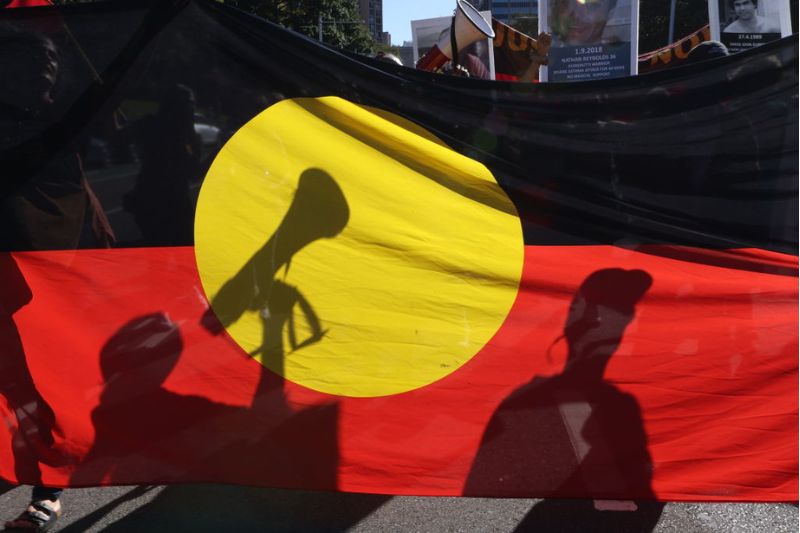
AUSTRALIA
- Andrew Hamilton
- 24 January 2023
18 Comments
Australia Day has long been a source of controversy for Indigenous Australians. This year, the Referendum on Indigenous Voice to Parliament promises to be a major battleground in the ongoing debate over Australian identity, and will serve as a reminder of the deep-seated history of dispossession, discrimination and the long road to reconciliation.
READ MORE
-
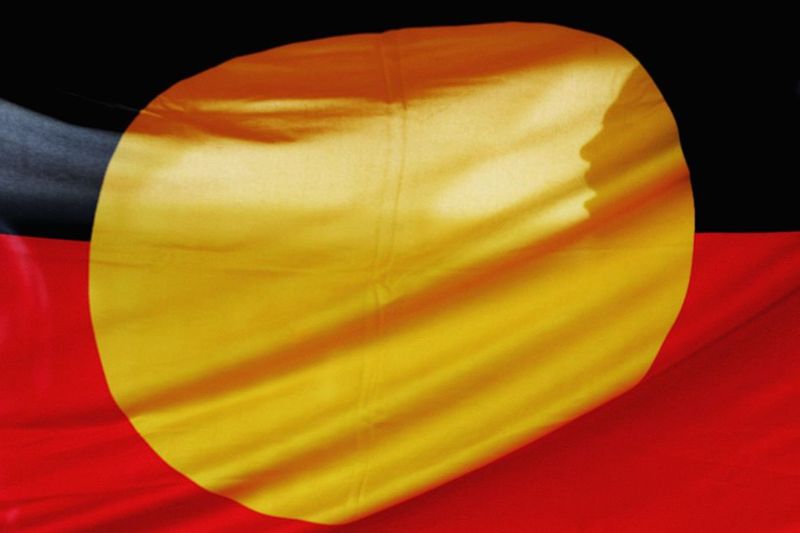
AUSTRALIA
- Frank Brennan
- 05 January 2023
We have a lot of work to do if there is to be any prospect of a successful referendum on the Voice to Parliament, which Indigenous people have put to us as the mode by which they want to be recognised in the Constitution. They have said they want a Voice. Now, we can debate whether it be a Voice to Parliament or a Voice to Parliament and government, or a Voice just about particular laws.
READ MORE
-

ARTS AND CULTURE
- Barry Gittins
- 20 December 2022
1 Comment
When we reflect on how best to live with the consequences of our shared, bloodied history, The Australian Wars calls for a counter-narrative; a re-positioning and re-phrasing of what has brought us to this point in our oft-stalled journey towards reconciliation.
READ MORE 
-
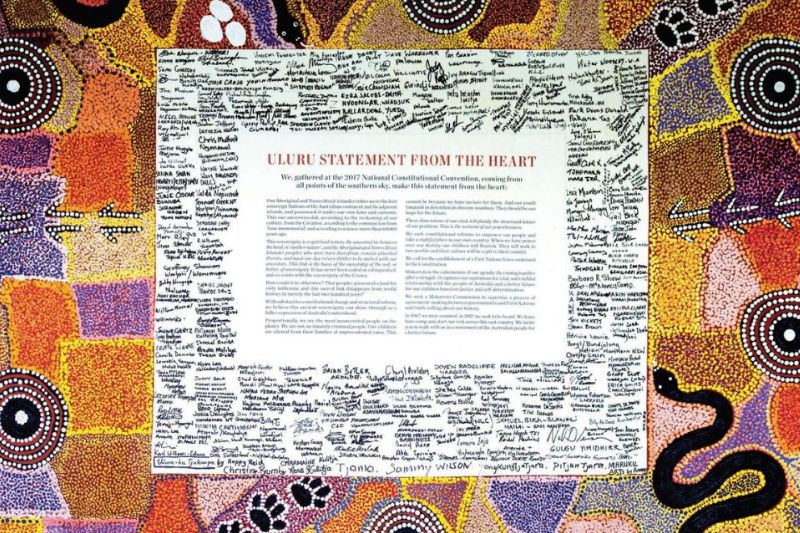
AUSTRALIA
- Glenn Loughrey
- 14 December 2022
1 Comment
In reflecting upon the Statement from the Heart, we need to explore what it is, what it is not, and how it works. The creative dynamic of the Statement is that it is a tool of justice and heart-healing. It is restorative justice writ large, involving the elements that make up the process leading to a resolution of the past and a creative response to the future by enacting justice in the present.
READ MORE 
-

AUSTRALIA
- Frank Brennan
- 01 December 2022
15 Comments
We have a lot of work to do if there is to be any prospect of a successful referendum on the Voice to Parliament, which Indigenous people have put to us as the mode by which they want to be recognised in the Constitution. They have said they want a Voice. Now, we can debate whether it be a Voice to Parliament or a Voice to Parliament and government, or a Voice just about particular laws.
READ MORE 
-
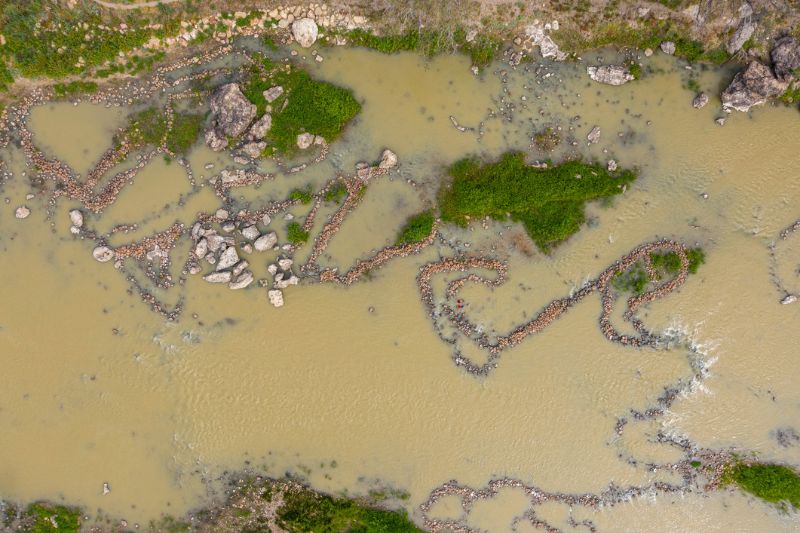
AUSTRALIA
- Paul Cleary
- 21 November 2022
2 Comments
An intense and often ugly battle over marine resources has been unfolding between State authorities and Aboriginal people along the NSW coast. At the heart of the conflict is the NSW government’s refusal to acknowledge the right to cultural fishing by Aboriginal people, unlike other states and the federal Native Title Act (1993).
READ MORE 
-
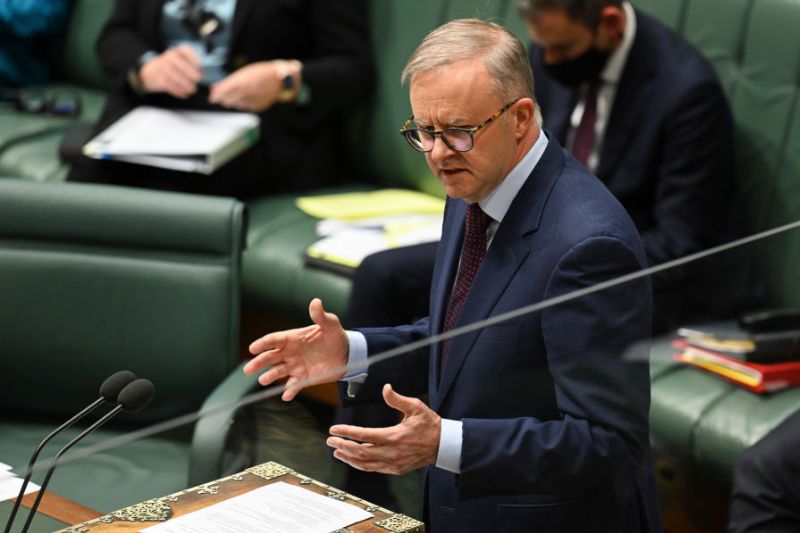
AUSTRALIA
- Frank Brennan
- 28 October 2022
6 Comments
In recent years, Australian policies in relation to asylum seekers and refugees have been unnecessarily mean, cruel and disorganised. The election of the Albanese government provides the opportunity for a reset, putting behind us the past mistakes of both Coalition and Labor Governments in the last 20 years.
READ MORE 
-
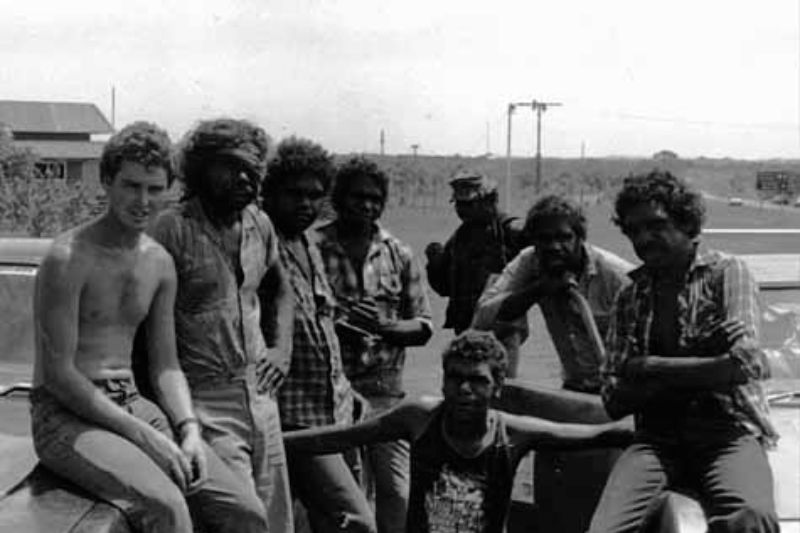
ARTS AND CULTURE
- Paul Mitchell
- 18 October 2022
‘My Island Home’ was first recorded 35 years ago, a song that emerged from a journey and conversation between Indigenous and non-Indigenous voices. It’s helped Australians better understand our home and place in it, and points to the value of enshrining Indigenous voices in our constitution so they can continue to speak to us all.
READ MORE 
-
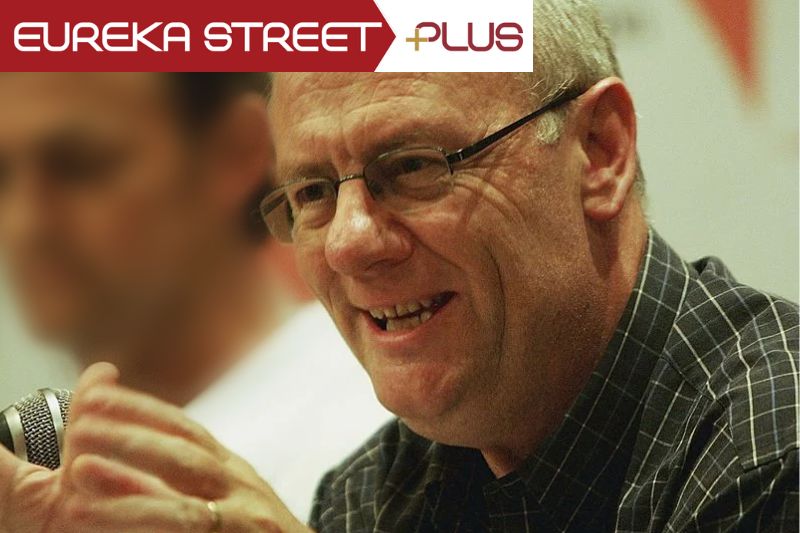
AUSTRALIA
- Barry Gittins, Tim Costello
- 07 October 2022
1 Comment
Reverend Tim Costello's informal status as a nagging conscience to many Australian governments, including the Howard government in which his brother Peter served as federal treasurer, was formally acknowledged when the National Trust of Australia chose him as a ‘National Living Treasure’. Barry Gittins speaks to Tim Costello about the nature of power, and its place and exercise in public life.
READ MORE 